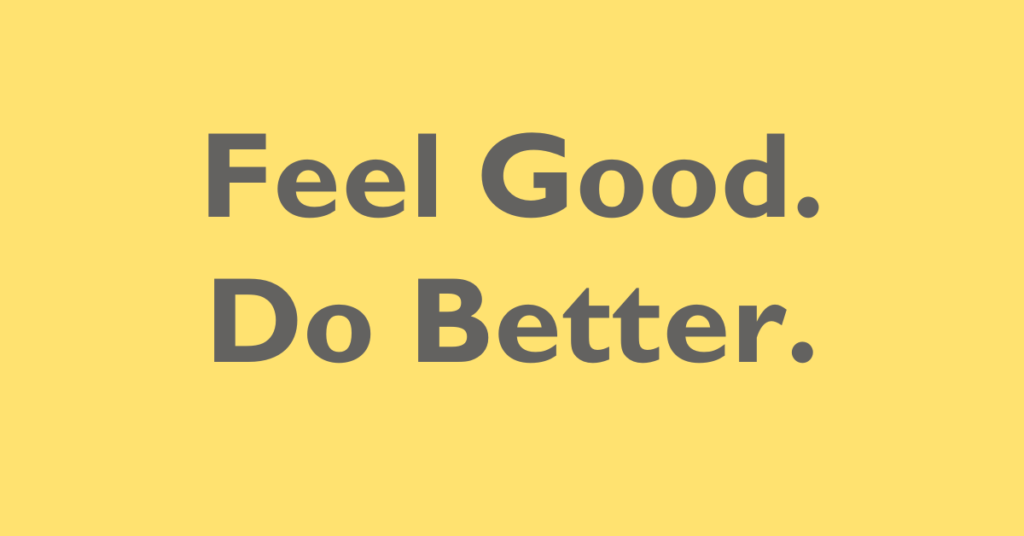Here’s the problem. Often, we get confused and lose the context when we hear or say something like “Practice your weakness” or “Play to your strengths”. Those words are very deliberate and chosen deliberately.
What's the purpose of practice?
To practise means to: “perform (an activity) or exercise (a skill) repeatedly or regularly in order to acquire, improve or maintain proficiency in it.”
The purpose of practising is to improve, or at the very least, not to get worse. You’re only as strong as your weakest link. So when you practise, the focus is on the skill you’re not good at.
Rudiments, in drums, are the fundamental patterns and building blocks of what we play on drums. If I can comfortably play a single stroke roll at 100 bpm (beats per minute), that’s not the speed I’ll play when I practise.
I might do 100 as a warm-up, but I aim to push myself to 105, 110 or even 120. There’s no point in a keyboardist practising scales they already know unless it’s a refresher. Otherwise, you’re just wasting your time.
But here’s the key point: You practise when no one else is watching. You practise your weaknesses in your own privacy, in an environment without repercussions for your mistakes.
You have the freedom to scream and push to failure, to be messy and ultimately do whatever you need to do to develop. You’re bound to flop or make a mistake when practising. I assure you you’re not doing it properly if you don’t.
When it's showtime, there's a lot to lose.
But when we say “play to your strengths,” we mean play. You’re no longer in your bedroom. You haven’t the freedom to make the mistakes you’d make alone when no one is watching, and you have nothing to lose. It’s quite the opposite.
You actually have quite a lot to lose.
When it’s showtime, it’s the real deal with consequences on the line.
You really haven’t got the luxury of starting the song again to redo the part you missed. You can’t ask the referee to retake your free kick because you flopped it the first time. If it goes wrong, your team loses. You lose that client. Something actually happens.
So what do you do?
Here’s what you do.
You play to your strengths. You play the game where you know you have the upper hand. You do exactly what you know you can do well. It’s time to play it safe. You show off. Showing off doesn’t mean you do something impressive averagely; it means you do something average impressively.
Chances are you, depending on the circumstances, you have a lot more to lose if it goes wrong than you have to gain if it goes right.
I can tell you first-hand what that is like. When I was younger, whenever I saw a nice lick or a cool fill I thought I could do on drums, I would be so excited to try it. I still do. The issue I had then was that I didn’t understand what “play to your strengths” meant.
The number of times I’ve been on stage or played in a crowd trying to pull off something I wasn’t confident in. I lost the time; it was messy, and everything and everyone was out of whack.
Trust me. You don’t want to do that while playing with Michael Jackson’s official impersonator on stage.
It comes back to context. It comes back to the time and place. You can’t try something all the time or everywhere. There’s a time to play it safe, and there’s a time to take a bit more of a risk.
Do Us Both a Favour.
In case you haven’t gotten it yet, let me say it like this:
Practise Your Weakness in Private and Display Your Strengths in Public
There are only two options. Either it goes right, or it goes wrong. What you have to do is evaluate the best and worst case and weigh up the consequences.
If it goes right, then well done. You’ve impressed yourself and probably others, too. You’ve displayed your skill and increased your chances of landing that deal or winning that game.
But if it doesn’t go so well, what are the implications and the consequences for you? What is the possible impact of it not being executed well? If it’s not that deep, then sure, knock yourself out.
But if there’s more to lose than to gain, then you should probably hold back and remember that thing next time you’re alone to practise.


